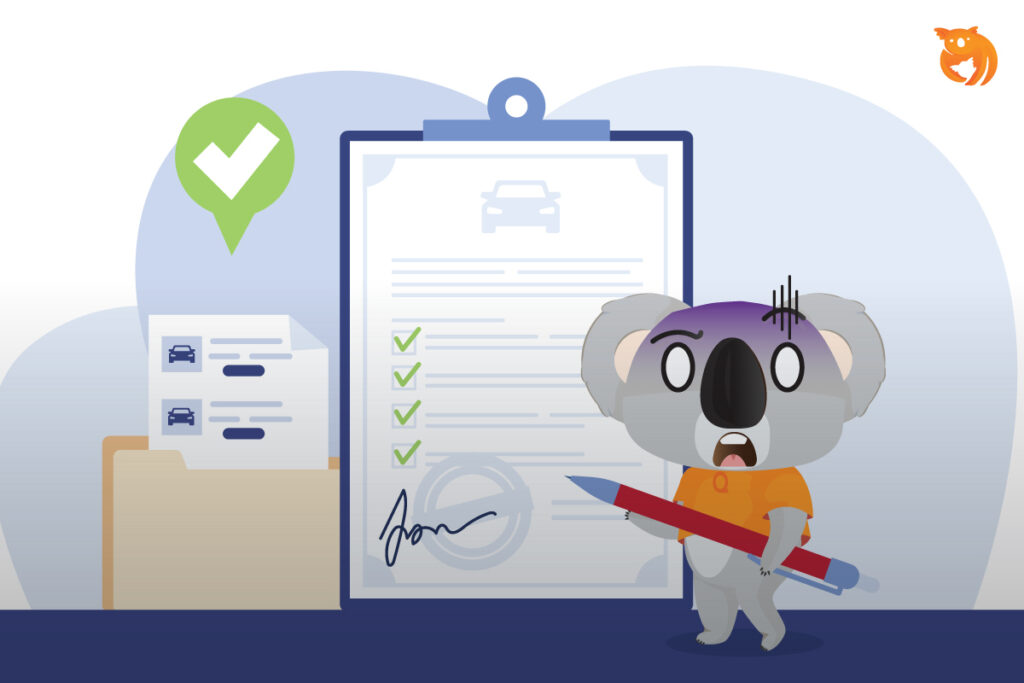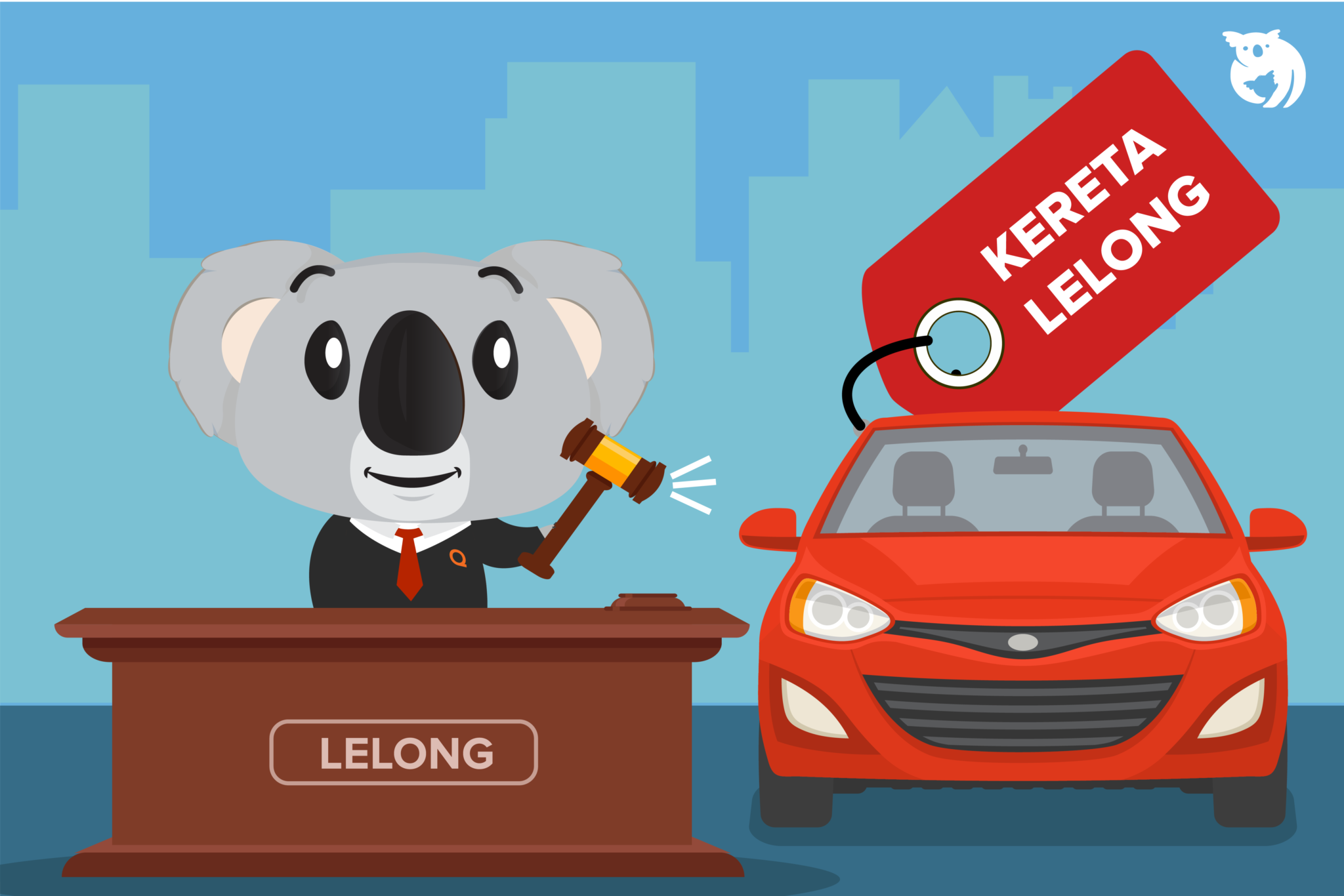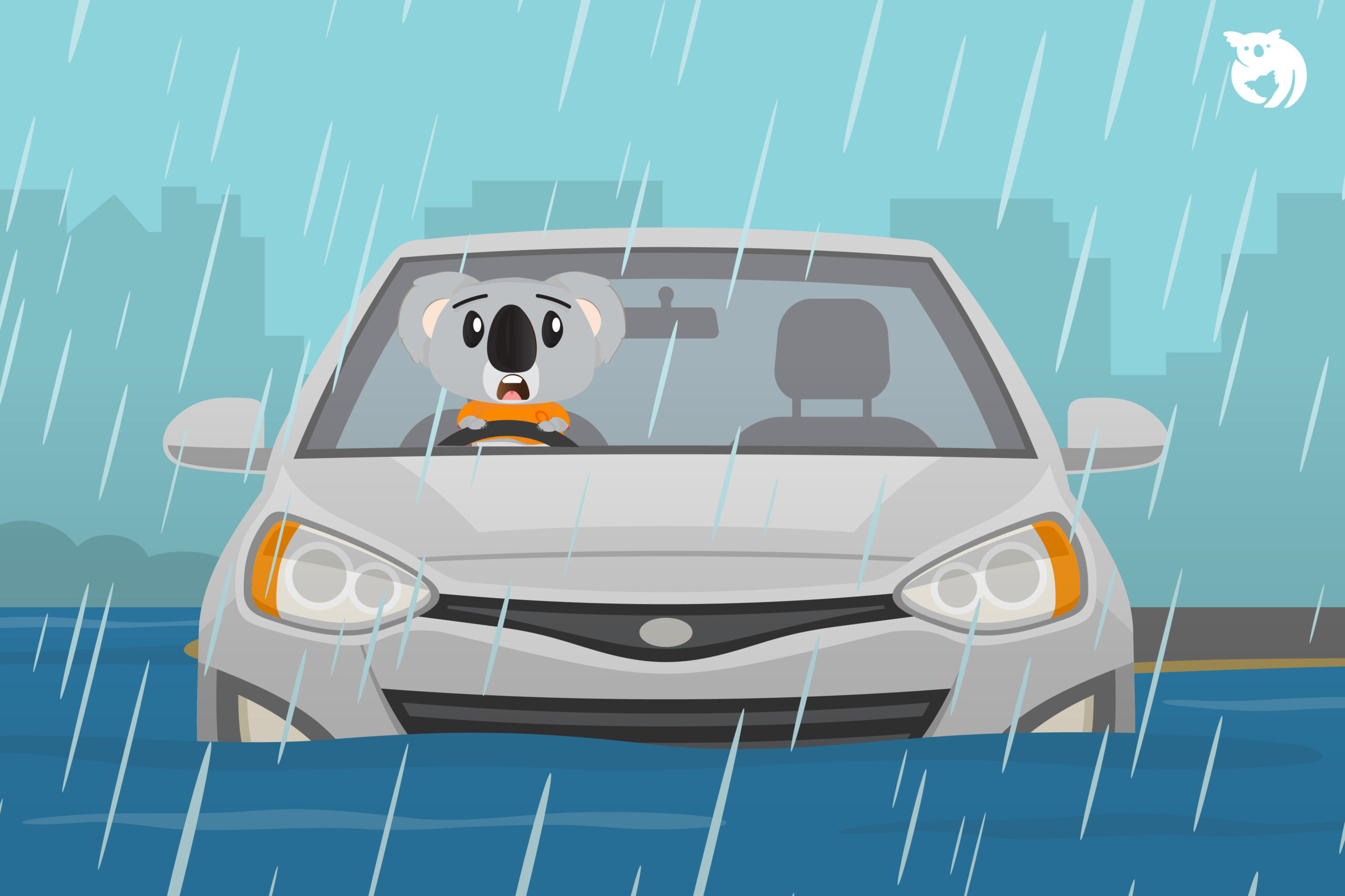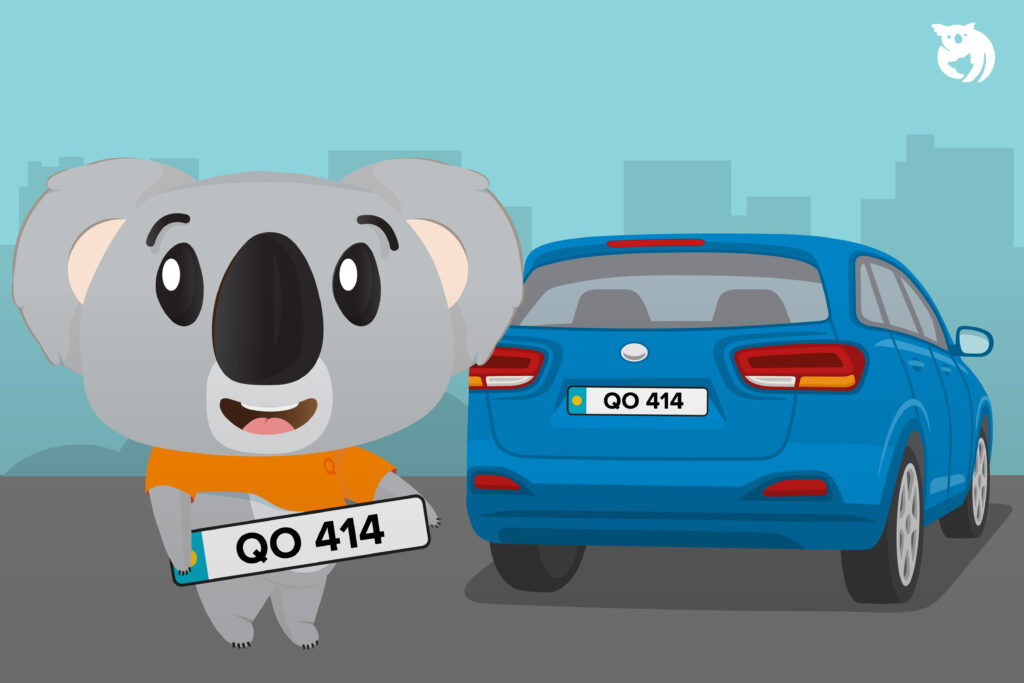A continue car loan or kereta sambung bayar is one of the ways for vehicle owners to sell their cars to buyers without transferring the ownership of the vehicle at the Road Transport Department (JPJ) or taking a loan from a bank. Most car owners sell cars through installments because they are unable to settle their outstanding bank loans or continue with the monthly installments as scheduled. It also helps them avoid being blacklisted or having their names on a blacklist.
Selling Car with Existing Loan, Buying a Car Sambung Bayar: What Important Things You Need to Know?
What does car installments mean? Basically, car installments refer to the process of buying and selling a car that still has an outstanding loan balance to a third party without involving the transfer of ownership through car installments.
This means that the buyer will continue to make regular payments to the bank on behalf of the original owner for a specific period, as agreed upon in the car installments agreement.
Car Installments Laws
In general, the process of car installments is legally questionable. It is subject to the Hire Purchase Act 1967, as follows:
-
-
-
- Section 38 of the Hire Purchase Act 1967 – It is an offense for anyone to sell goods purchased under a hire-purchase agreement without permission from the owner. If found guilty, a person can be fined up to RM10,000 or imprisoned for up to 3 years, or both;
- Section 46 of the Hire Purchase Act 1967 – Anyone found to have violated the provisions under this Act can be fined up to RM3,000 or imprisoned for up to 6 months, or both.
-
-
Continue Car Loan: Buying a Kereta Sambung Bayar
Buying a car through installments generally does not require a high upfront payment. It is also more advantageous for buyers as it does not involve complex processes or dealings with banks.
Buyers who have been blacklisted by banks or face difficulties in obtaining car loans due to high monthly commitments often opt for this method to purchase their dream cars.
Kereta Sambung Bayar: Selling Your Car
On the other hand, original car owners usually choose to sell cars through installments because of financial issues, such as being unable to pay car installments or having excessively high debt commitments. Selling cars through installments is a way to reduce the burden of monthly commitments that they can no longer afford.
This means that car owners can solve their financial problems and obtain additional funds by selling cars through installments. Moreover, car owners can also avoid having a poor credit record with financial institutions, such as CCRIS reports or CTOS records.
Therefore, the process of selling or buying cars through installments is a popular choice for many, despite its high risks and legal implications.
Continue Loan Car Risks: Is it Safe to Buy Car Installments or Sell Car Installments?
The process of car installments is one of the ways buyers resort to if their car loan applications are rejected or not approved by banks due to being blacklisted. Usually, buyers choose to buy cars through installments because of the easy process involved in buying or selling cars through installments.
Risks for Sellers
Although car installments are an easy way to sell or buy cars, this process indirectly exposes the original seller to various risks. The following are the car installments risks that sellers may face for your reference and guidance:
1. Unsettled Monthly Installments, Payment Delinquency
Most individuals who buy a “sambung bayar” (continue car loan) car are often blacklisted or ineligible for car loans from banks due to factors such as income eligibility, existing monthly commitments, and so on.
For example, individuals who have been blacklisted by financial institutions usually have poor financial records. This means there is a possibility that they are not disciplined in making monthly car installment payments, which could directly affect you.
If the installment payments are not received by the bank as promised, the bank usually contacts the original owner to clarify the outstanding amount.
Such a situation can be somewhat detrimental to you. Even though you have sold the car, since the ownership is still in your name, you are indirectly responsible or bound by the ownership costs.
2. Blacklisted by Financial Institutions
Due to the lack of direct involvement between the buyer and the bank in car ownership transactions, there is a potential risk that the buyer may fail to make the monthly payments as promised.
If the new owner fails to repay the loan (on your behalf as scheduled), the outstanding car loan can affect your CCRIS and CTOS credit scores as the borrower.
If your credit report is negatively affected by payment defaults from the third party who bought your car, it may hinder your chances of obtaining other loans in the future, such as home loans, personal loans, and so on.
Furthermore, the failure to repay the loan can result in the car being repossessed by the bank, and you may need to incur expenses to settle any additional costs and outstanding amounts to reclaim your car.
3. New Owner’s Traffic Violations
According to Malaysian law, a “sambung bayar” car that has been sold to a new owner is still considered the property of the original owner, even if a car loan agreement has been made.
In other words, the original owner is fully responsible for the ownership of the vehicle until the process of transferring the car’s ownership is completed. For example, if the new owner commits a traffic offense, such as running a red light, all traffic fines and legal actions will be imposed on the original owner of the car.
This means the original owner has to bear all the costs related to traffic summons because the fines are issued under the name of the vehicle owner, not the driver.
4. Car Used for Criminal Activities
Additionally, if the new owner misuses the vehicle for criminal activities, it can have severe consequences for you as the original owner of the vehicle.
If you choose to sell a “sambung bayar” car, you must be prepared to take responsibility for any risks that may arise in such situations.
You may be called upon by the police to provide information to assist in the investigation. Moreover, you may be accused of collusion and may face legal action.
However, you cannot blame the police. If the car is used for criminal activities, you must be prepared to face this risk because you are the legal owner of the car.
5. New Buyer Selling to a Third Party
In certain situations, individuals involved in “sambung bayar” car transactions resell the purchased car to a third party to profit from the transaction. This can directly impact you if something goes wrong.
Imagine selling your car to a third party, and that third party sells it to someone else without your knowledge. This can be problematic for you because you do not know what the third party is doing with your car.
If the third party fails to make payments or if the car is used for criminal purposes, your name may be blacklisted, making it difficult for you to obtain other loans.

Risk of Installment Car: Risks to the Buyer
Many people tend to buy installment cars because they don’t need to take out a new car loan to own a car. This means they only need to continue making payments on an existing car loan. Besides the risks to the seller, the process of buying an installment car can also expose the buyer to certain risks, such as the following:
6. Original Owner Retrieving the Installment Car
The original owner of the vehicle usually chooses to sell the car through installment payments due to financial problems—when the owner has high monthly payment arrears, they choose to sell the car to avoid repossession by the bank or being blacklisted if the loan is not settled.
However, there are cases where the situation is not favorable, and the original owner repossesses or claims back the car sold to the buyer after the outstanding debt is settled or after the bank loan is fully paid off.
As a new owner, such a situation can be detrimental to you. There is no legal action you can take to regain the car that you have been paying for every month. This is because the original owner has rights to the car even though it has been sold and can reclaim ownership of the vehicle at any time because the ownership rights of the vehicle have not been transferred.
7. Accusations of Car Theft
There are situations where the original owner claims back the car after the car has been fully paid for by the buyer by filing a police report stating that the car has been stolen. This forces the buyer to hand over the car to the original owner to avoid any legal actions.
Buying a car without transferring the ownership can become a problem because technically it is not yet the legal ownership of the buyer. Therefore, it is advisable to handle the process of transferring ownership first if you buy a used car to avoid such difficulties.
8. Transferring Ownership of an Installment Car
One common question regarding installment cars is, “Can an installment car be transferred to another person?” Basically, a vehicle that is still under financing or tied to a bank loan cannot be transferred, sold, or given to a third party without the permission or consent of the bank.
In other words, the transfer of ownership of the vehicle can only be done after the entire loan balance is fully settled.
9. Sambung Bayar Kereta Scheme: Original Owner Passes Away
When you buy an installment car, you need to be prepared that the process of transferring ownership can only be done after the loan is fully paid off. If the original owner passes away during the installment period, it can become a major problem for the buyer. This is because the ownership of the vehicle will automatically transfer to the heirs.
If the heirs agree to transfer the car to you, it may not be a major problem. However, imagine if the heirs want to reclaim the car that was sold by the deceased owner, it will certainly be a problem for you even if you have a valid agreement in place.
The heirs have ownership rights over the installment car, and the car can be reclaimed regardless of how much you have spent on monthly payments and maintenance.
10. Car Accidents: Car Insurance Claims
As mentioned above, the installment payment method for cars does not allow for a change in the owner’s name. This indirectly poses other risks to the buyer, especially regarding insurance renewal, accident insurance claims, and road tax for the car.
If something happens to the purchased car, such as fire, damage, or a car accident, the new owner may not be protected by the car insurance policy. Although the new buyer’s name can be added as a secondary driver in the insurance policy, you may face other problems if the original owner of the car passes away.
Moreover, there is also a possibility that all insurance claims or compensation costs will be given directly to the original owner of the vehicle instead of the owner of the car under the installment payment agreement.
11. Invalid Agreement in Terms of the Law
Even if you and the original owner of the vehicle make an installment payment agreement, it does not hold any legal authority.
Basically, the original owner has absolute control over the vehicle as long as the ownership name is not changed. This means that the owner of the car can ask you to return the car at any time without any legal liabilities.

How to Sell a Car under Installment Payments, How to Buy a Car Legally?
Selling and buying a car that is still under installment payments is generally not encouraged, even if you have a close relationship with the buyer or seller. However, if you want to sell a car but it is still bound by a bank loan, you need to settle the remaining loan balance first.
You are advised to make a full settlement to enable the transfer of ownership from the original owner to the new owner. Additionally, the new owner can also apply for a new loan for the car based on the existing loan balance. This means that a new loan will be made for the purchased car, subject to a new interest rate.
The buyer may need to pay higher monthly installments depending on the current interest rate of the bank loan. This method of car installment payment is indeed safer. The previous owner is freed from the monthly car commitments and is no longer the owner of the car. Meanwhile, the new owner can own the car without any hidden risks.
We hope that this information about car installment payments helps you make the right decision. Additionally, if you are considering purchasing the best car insurance, visit the Qoala website for more information. Qoala offers transparent and easy car insurance renewal services with guaranteed affordable and competitive prices.

 EN
EN
 MY
MY








